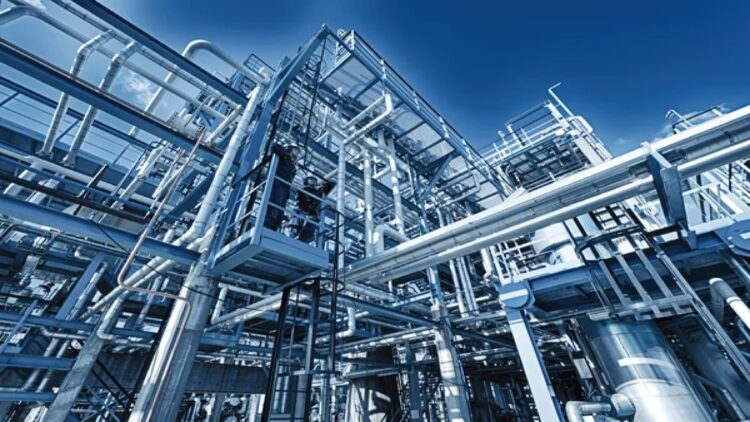Russia, a major player in the global energy market, has been quietly shifting its focus toward a resource that could redefine the future of energy: hydrogen. This focus shift has implications for the country’s position in the global energy mix.
Russia’s Eastern Siberian fields: A treasure trove of untapped hydrogen
The methane of the large deposits in Eastern Siberia – Chayandinskoye and Kovyktinskoye – is not the only gas content. They also contain large volumes of hydrogen and other ingredients such as propane, butane, and helium. Although methane extracted by Gazprom, Russia’s state-controlled energy company, is exported mainly to China, new opportunities to extract hydrogen have emerged from these fields.
Gazprom has started building the Amur Gas Processing Plant to split the gas components and prepare methane for China’s “Power of Siberia” pipeline. The rest of the components are utilized for the production of petrochemical products.
Hydrogen could also follow the same pattern as helium, which is either extracted whenever there is demand for it or re-injected back into the fields when there is no demand. This model helps optimize resource use while responding to changing global energy trends. However, the extraction of hydrogen has its technical difficulties.
The present infrastructure cannot handle large-scale hydrogen separation and storage, and the lack of a worldwide hydrogen market is a significant deterrent to long-term investments. Nevertheless, should international demand increase, the potential of such efforts, including laboratory work conducted by Gazprom, can be unlocked.
Hydrogen: A potential game-changer in Europe’s energy landscape
The hydrogen economy is a new energy trend in Europe, which indicates Europe’s desire for renewable energy and energy self-sufficiency. Hydrogen is a way of solving the problem of instability of renewable sources, as it can store energy for later use. Although Europe aspires to produce ‘green’ hydrogen from renewable electricity-generated water electrolysis, the high costs have paved the way for ‘blue’ and ‘white’ hydrogen options.
Russia’s “white” hydrogen, produced directly from natural gas fields, is low-emission. But the challenge is how to move hydrogen over long distances. Hydrogen is more flammable than natural gas and more expensive to transport than natural gas. Thus, Europe’s production is frequently located near the consumption areas.
Russia cannot yet export hydrogen to Europe since the system is not developed enough logistically and infrastructurally. However, Russia may consider Asian markets for its products since the demand for energy storage solutions is increasing. While Europe struggles to manage the cost of green hydrogen, Russia could seize the opportunity to become a major producer of white hydrogen based on its resource advantages and lower costs.
Russia’s strategic pivot: Global energy politics at play
Russia is exploring natural hydrogen as a technical endeavour and as a geopolitical project. This means Russia could diversify its energy trading partners in Asia by cutting its reliance on gas exports, especially in the European market. This shift would not only expand the number of its markets but also save its economy from the European energy policies that seek to lessen the dependence on Russian gas.
At the same time, Europe’s ambitious plans for hydrogen production may run into problems if Russian gas deliveries are curtailed. The lack of competitive production costs for green hydrogen and a stable hydrogen market make Europe susceptible to energy deficits. Russia’s decision to focus on hydrogen may increase these difficulties; Europe must advance its transformation or look for new sources.
Thus, by focusing on hydrogen, Russia could retain its control over the global energy markets and decrease its dependence on the unstable gas demand. This strategy fits into its larger objective of using its massive endowment of natural resources to build sustainable economic and political order.
The turn towards hydrogen is a new phase in developing Russian and global energy relations. While the country is undertaking a feasibility study of its Eastern Siberian fields, it is set to redefine itself in the global energy market.
Although such a strategy can upset conventional gas deliveries, it creates new chances in the rapidly growing hydrogen market. This will be the key for Europe and other global players to succeed in the future of energy. It is a high-stakes game, and the whole world is an audience.

